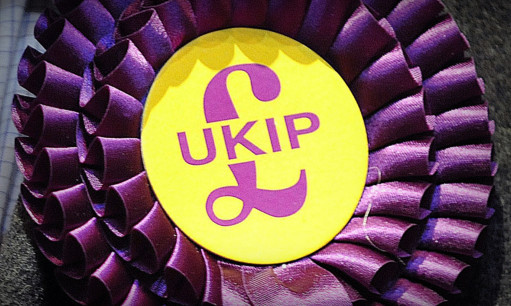The inexorable rise of UKIP in England appears to be gathering pace if results from the local elections are anything to go by.
With counting following Thursday’s fascinating (ahem) European poll set to get underway it will be interesting to see if the local government success is replicated on the European stage.
It certainly seems likely, with commentators predicting massive success for Farage and friends and a meltdown for the Tories and, in particular, the Lib Dems.
But what will happen in Scotland?
Renowned for Tory-bashing, will Scots really elect an MEP from what many see as a natural extension albeit more extreme version of the Conservatives?
And if they do, could it even be that a large vote for UKIP in the European elections ends up, in some perverse way, boosting the Yes vote in the independence referendum?
With Thatcher’s legacy still very much in the minds of many Scots, thousands are happy to vote for anyone but the Tories.
Will they take a similar attitude toward UKIP if the party attracts popular support?
And, if it does, will that boost the Yes campaign, independence perhaps being seen as the best way to keep the right wing at bay?
It is impossible to say at this stage but it will certainly be worth keeping an eye on the polls
